English Language
|
Powerful Knowledge |
|
Studying A-level English Language enables students to build on the skills they developed at GCSE, by engaging creatively and critically with a wide range of texts and discourses. Students’ personal writing is further developed by creating texts and reflecting critically on their own processes of production, while also analysing the texts produced by others. English Language is studied both as a medium of communication and as a topic in its own right, with an emphasis on the ability of students to pursue lines of enquiry, debate different views, and work independently to research aspects of language in use. The methods of analysis appropriate to the fields of English language/linguistics underpin all the elements of A level English Language, and these are applied to distinctive topic areas. These methods centre around the frameworks for linguistic analysis:
These make up the most integral powerful knowledge, allied with language mode, register, style, form and genre as significant defining categories of language. Students study both spoken and written language considering how language register and style is modified in different contexts and for different audiences and communicative intentions. There are two exam units: the first, ‘Language, the Individual and Society' focuses on individual and immediate social contexts for language such as the representations of groups and individuals in texts and child language acquisition; the other unit, 'Language Diversity and Change' considers discourses about Language change and variety, drawing on regional, ethnic, national and global Englishes. The NEA unit - 'Language in Action', is by its very nature, synoptic, as it requires an ability to make connections across the course as a whole. Exposure to many different texts and discourses and a focus on aspects of textual variation will feed into the writing element of this component; and study of all the different areas of language variation, change and acquisition, as well as attitudes to language, enables students to choose a topic for their personal language investigation. |
|
Literacy |
|
As English Language is an A level about language in the real world as a communicative tool and medium, every lesson has literacy fully embedded within it. Students consider the significance of register and style in spoken and written language and practise how to communicate effectively in different contexts, considering aspects such as formality, use of jargon, meeting Face needs, negative and positive politeness strategies, the impact of non-verbal communication etc.
Grammar is one of the essential linguistic frameworks so students receive an excellent grounding in Standard English grammar and understand how dialect forms may diverge from this standard. Students become adept at being able to analyse communication grammatically which helps them to utilise these rules in their own speech and writing as required.
A range of literacy skills are explicitly taught and developed including:
|
|
School Context |
|
The course aims to develop an understanding of the broad range of communication within the English language. All linguistic variation is valued and attitudes to variation, diversity and language change are debated and different theoretical perspectives (descriptivist vs prescriptivist) are considered. As our school is fairly homogeneous and monocultural, exposure to different varieties of English including regional dialects, World Englishes, patois and sociolects is invaluable in broadening students’ awareness of the richness and cultural possibilities inherent in English as a language. Other areas of study build on and enrich students’ own current experiences of language; for example, teen slang and the impact of texting and social media on contemporary English are issues which are covered. |
|
Assessment |
|
Throughout the course students have regular assessments set in class and for homework which allow them to progress and be fully prepared for the final exams. These are assessed using the AQA assessment criteria and students are all given a simplified version of this so they understand:
Modelling by the teacher or in the form of exemplar answers is an integral part of all assessment. All practice questions and mock exam results are tracked so there is a comprehensive bank of evidence for each student to map and monitor their progress throughout Years 12 and 13. Final A level Exams Paper 1 – Language, the Individual and Society What's assessed • Textual variations and representations • Children's language development (0-11 years) • Methods of language analysis are integrated into the activities • 40% of A-level Paper 2 – Diversity and Change What's assessed • Language diversity and change • Language discourses • Writing skills • Methods of language analysis are integrated into the activities • 40% of A-level NEA - Language in Action What’s Assessed
|
|
Careers |
|
English Language A level has immediate relevance for a number of career pathways and further study especially in such fields as primary education, child development and speech therapy as many of the topics taught at A level provide a firm foundation for these disciplines. The skills which the course develops in understanding communicative intent and honing students’ analytical and evaluative skills have wider applications to most arts and social science degrees and to careers where communication skills are a prerequisite (for example, social work, health care, HR, marketing and public relations.) Students are given many opportunities to further their writing in a range of forms and registers including an investigative research project and journalism.
|






